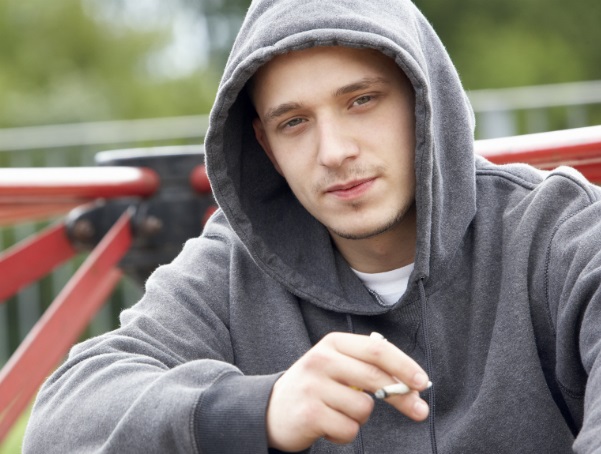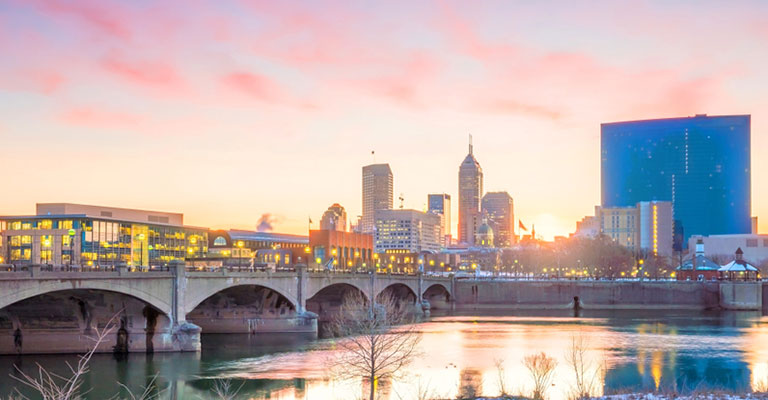
A Parents’ Guide For Understanding Teens And Marijuana
As more states across the U.S. are legalizing marijuana – for medical and/or recreational purposes – and as more teens… Read More
Posted on October 28, 2019 by Staff Writer






Call us at (855) 965-0687 to speak with a treatment specialist, or Contact Us Online.